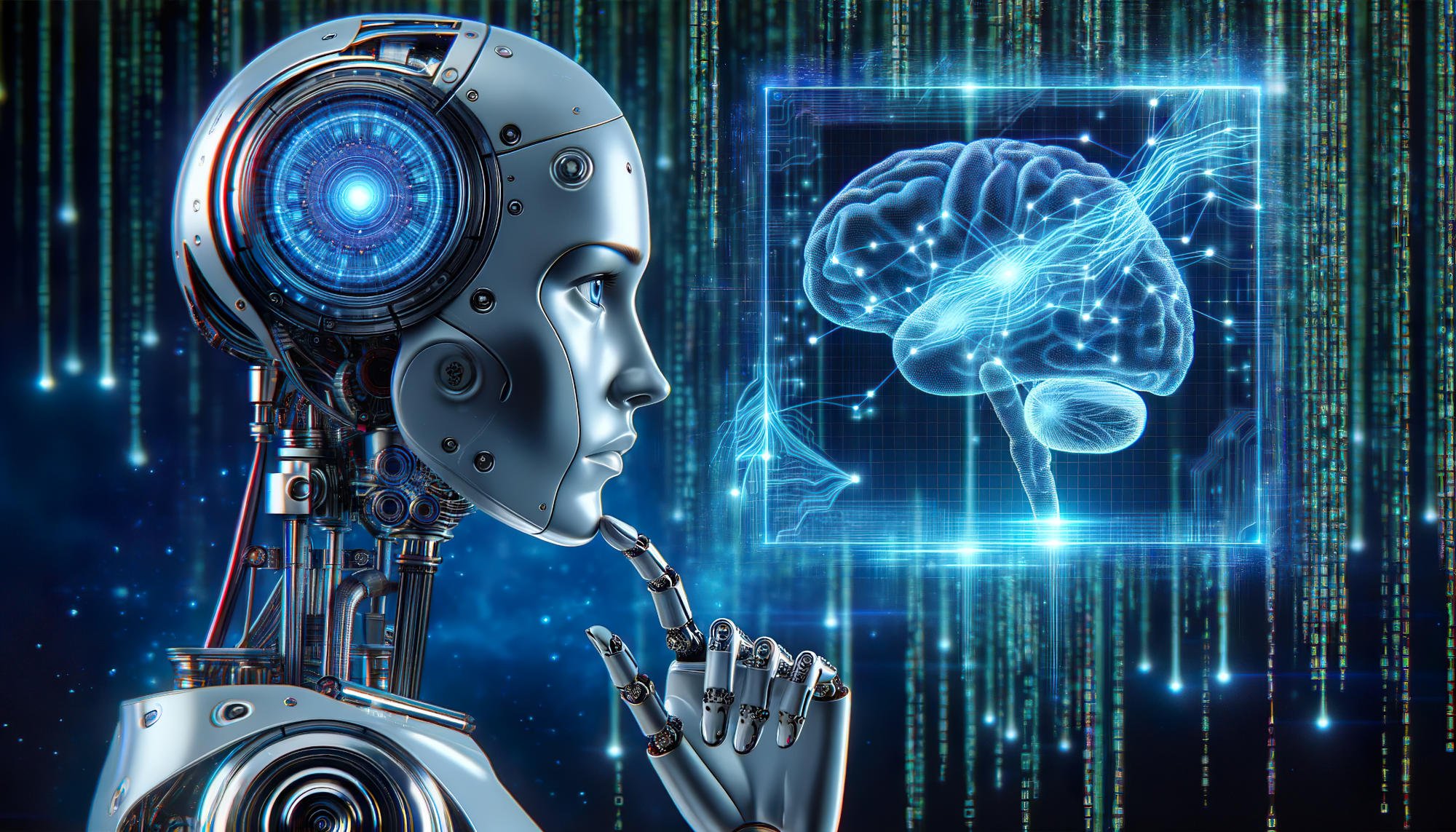Thursday, April 10, 2025
Why Familiarity with AI Is Essential for Young Students

Understanding the Technology Around Us
Many students already use AI-driven tools without knowing it. Apps that recommend videos, translate languages, or help with spelling corrections all use AI. But without understanding how these systems work, students remain passive users rather than active participants in a technology-driven world.
Familiarity with AI allows students to make sense of the technology they interact with every day. They can better understand how information is filtered, how decisions are made by machines, and where potential problems might arise. This awareness helps them become more thoughtful and responsible digital citizens.
Developing Critical Skills for the Future
The world is changing fast, and AI is at the center of that change. Whether students want to be doctors, artists, engineers, or entrepreneurs, understanding AI will help them stay competitive in their future careers.
Learning about AI helps develop important skills like critical thinking, problem-solving, and data literacy. These are skills that apply in any field and are becoming more important as the workplace becomes more automated and technology-focused. When students learn how AI systems are built and trained, they start thinking like innovators and creators, not just users.
Opening the Door to Career Opportunities
AI is one of the fastest-growing fields in the world. Jobs related to machine learning, robotics, and data science are in high demand and offer strong salaries. Even jobs that are not directly in tech will require some understanding of AI in the future.
By teaching AI concepts early, schools can help students explore these fields with confidence. They can learn the basics of algorithms, data, and ethical technology use, and begin to imagine a career path that includes AI. This exposure can be especially powerful for students who might not otherwise consider tech as a future option.
Encouraging Responsible and Ethical Use
AI can be a powerful tool—but it also raises serious questions about privacy, fairness, and bias. If only a small group of people understand AI, then only they get to make the rules about how it is used. That can lead to systems that are unfair or harmful.
When young people are taught about AI, they are also taught to think about ethics. They learn to ask: Is this system fair? Who benefits from this technology? What are the risks? These kinds of questions are essential for building AI systems that serve everyone, not just a few.
Improving How Students Learn
AI is not just a subject to be studied—it can also be a tool that helps students learn better. AI-powered platforms can personalize lessons, provide instant feedback, and offer extra help to students who need it. For teachers, AI tools can reduce repetitive tasks and give more time for one-on-one support.
However, students must understand how these systems work to use them effectively. Teaching AI helps students use learning tools more wisely and with more confidence. It also helps them understand what AI can and cannot do—so they don’t rely on it blindly or accept results without thinking critically.
Making Education More Inclusive
Early access to AI education can help reduce gaps in opportunity. If only students in wealthy or well-resourced schools learn about AI, then the digital divide will grow even wider. But if all students—regardless of where they live or what their background is—can learn about AI, then we create a more equal playing field.
Programs that introduce AI concepts in fun and simple ways, even at the elementary level, can make a big difference. They help students feel confident with technology and show them that they have a place in shaping the future.
Conclusion
Artificial intelligence is no longer something that belongs only to experts or tech companies. It is becoming part of everyday life—and it will shape the future of every student. That is why familiarity with AI is not optional. It is a vital part of modern education.
By helping students understand AI early, we prepare them to use it wisely, challenge it when needed, and build it better. We give them the tools to think critically, act responsibly, and succeed in a world where technology will keep evolving. Just like reading and math, learning about AI is a skill every young person needs.